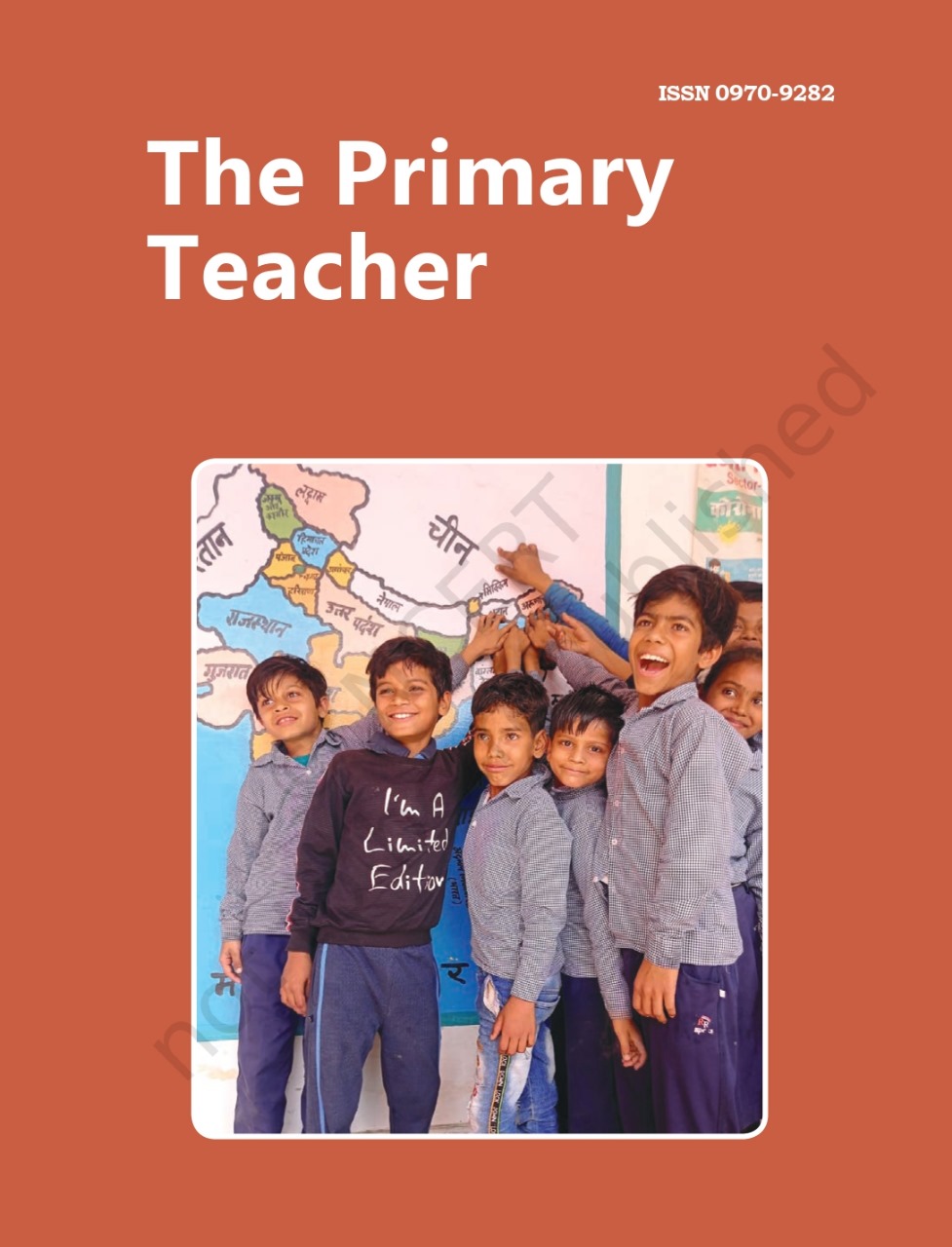
Published 2024-11-26
Keywords
- Spelling difficulties,
- Reading difficulties,
- Spelling performance,
- Dyslexia,
- Learning disability
How to Cite
Abstract
Spelling is a challenging subject for many people. While some struggle with it life time, others do not take spelling seriously. While rote learning can help some children, most children soon forget how to spell difficult words once their school exams are over. If the children are not able to deal with the level of spellings at a particular age, their spelling age is considered to be lower as compared to the chronological age. Interest in learning new spellings start at young age, sometimes during early childhood, which prepares the children for basic formal school skills. If the children do not receive ECE their chances of coping with the further and formal education diminish. Keeping this hypothesis in mind that spelling age must be benefitted by ECE, the study aims to observe the difference between the students who received ECE as compared to those who did not. The present research focused on the study of the spelling performance of the students in Classes IV – VI who received ECE as compared to those who did not. The research aimed to check out spelling performance through “Schonell Spelling Test” by Schonell and Goodacer (1971) which assesses the spelling age from 6 to 15+ years of age. The sample consisted of 60 students (30 boys and 30 girls) taken from the private schools of an urban slum, where 50% of the boys and girls came from the ECE background and the rest 50% of the boys and girls came from the non-ECE background. The data was collected through convenient sampling, tabulated and t-test was applied to study the significant difference. The result revealed that the spelling performance of students in both the groups were different, the spelling age of children who attended early schooling was better as compared to those who did not. Also, girls had poor spelling age if they did not attend the early education as compared to boys because their education is not given attention at home in respect to the social norms.
